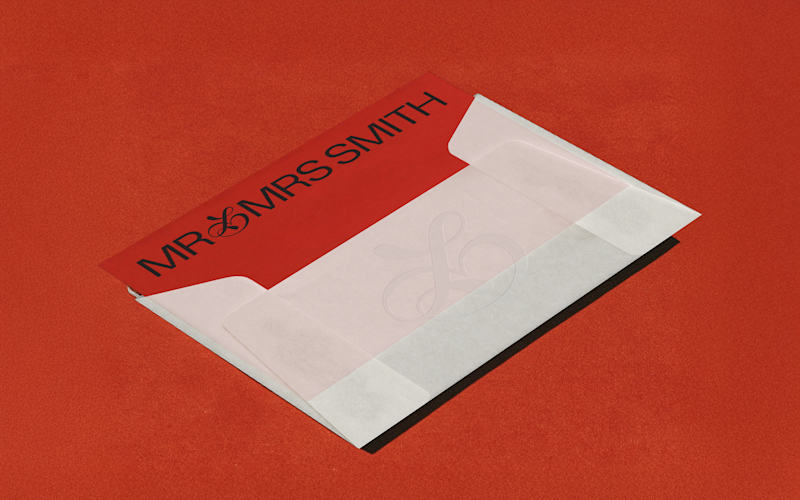A Casa Reale sits in sea-peeping position along Rue du Commandant Bonelli in picturesque long-lived port town Bastia on the east coast of Corsica’s upper echelon, the Haute-Corse.
Planes
Handily, Bastia has its own airport, which is just a 20-minute drive from the hotel, and has good direct connections across Europe and to Morocco (although guests from further afield will need to change). Rose will happily help you to arrange a taxi (usually around €45 one-way).
Trains
Corsica may be an island, but there is a small tangle of train routes. Bastia’s station is just a 10-minute walk from the casa; from there you can ride to fellow port town Calvi, or change for southern hotspots such as Ajaccio or Bonifacio.
Automobiles
Bastia itself is a stroll-by-the-sea kinda place, so you can pump the brakes on hiring a car if you don’t plan to go far. However, the Cap Corse (the island’s little pinky, pointing up to the Ligurian riviera) is best zoomed through, with its dramatic coastal roads, pinnacle villages and under-the-radar beaches. And, you can criss-cross the verdant interior to the cosmopolitan pockets of coast. Since we are located in city center we don't have private car park, but there are free car spaces in our street and streets around, and also an underground toll parking few meters from our house.
Other
Bastia is France’s second most important port town after Calais, so arriving by sea is fairly easy (if a touch tedious). Ferries run from Nice (in seven hours), Toulon (in eight hours), and Marseille (in 12 hours). Arriving from Italy is quicker, with just a four-hour crossing from Livorno, or a six-hour trip from Savona.
Worth getting out of bed for
Set on the Haut-Corse’s eastern coast, below the magical, maquis-greened Cap Corse peninsula and above the wild-boar-roamed Castagniccia sweet-chestnut ‘grove’ (covering more than 100 square kilometres of countryside), Bastia may be a small port city, but it’s a lively one – except during the strictly observed after-lunch siesta – with historic townhouses all the colours of a spice rack. The Casa is just steps from Old Port in the Terra Vecchia part of town (Terra Nova sits a little higher) and the fortified 14th-century Genoese Citadel after which the city’s named. To enjoy a picturesque promenade and stop by both, there’s the 450-metre Aldilonda footbridge which starts at Arinella beach, passes the lift up the cliffs to the fort, gives you an eyeful of Tuscan isles Elba and Capraia, and finishes among the hubbub of the harbour. It’s lovely to walk or cycle along; and in the morning you can watch the boats come in, by day you can pause in the port cafes, and often, come evening, cars are banned so live music, religious festivities and other events can take place. Other lingering locales include terraces in the citadel, botanic beauty the Romieu Garden overlooking the quays (especially romantic at sunset), and the Place Saint Nicolas, a sprawling esplanade with children’s rides, a bandstand for live concerts, statue of Napoleon (because, of Corse), and events throughout the year: flea markets on Sundays, a chocolate festival come October, and an ice rink in winter. The Saint Jean Baptiste church soars dramatically over the port with its two 70-metre bell towers, beyond the Sainte-Marie Cathedral’s elegant cream façade is a blaze of gold and spectacular frescoes, and the imposing hulk of the 15th-century Palais des Gouverneurs houses a charming museum about the city’s past. Need more embellishment? The Oratory of the Sainte-Croix brotherhood, the only Rococo-style religious building in France, throws everything it has at the decor. Arinella Beach has a strip of white sand, and further down, Marana has safe-for-swimming lagoons, sunbathing stretches and fascinating birdlife. Come weekends, farmers turn stalls into lush cornucopias at the market on Place de l'Hôtel de Ville; gather a picnic and head out to hop across the Cap’s villages and beyond. Erbalunga (AKA the ‘nest of painters’) is a paradise for paint-splashers, Centuri is the leading lobster-fishing port in France, so a top lunching spot, Nonza, goes goth with its black-sand beach, and Patrimonio is a wellspring of fine wine. Back at the hotel, get acquainted with the stories behind the antiques: a huge cherub-topped mirror from the apartment of the 19th-century mayor of Bastia Antoine Piccioni (notably Gustave Eiffel's stepson); lavishly carved 18th- and 19th-century chests; Milanese lighting and Saint Ouen chandeliers...
Local restaurants
Hanging in the balance between France and Italy, and with its own culinary quirks, Corsica has a distinctive cuisine. Bastia has plenty of eateries where you can get to know and love it or try favourites from the motherland. Grazie Mille’s dishes may largely be simple, but it’s all in the execution: spaghetti in a Provençal sauce with a tricolore of brilliantly green pesto, stracciatella and tomatoes so fresh they glow like warning lights; a glossy black cuttlefish risotto; lasagna layered with chunks of lobster. Casting a wider net over the Med is Merenda Ghjulia, a Greek-Corsican eatery which cherry-picks favourites from both countries, with gyros, stifado, creamy pasta with candied gizzards and chanterelles, and duck breast with foie-gras ravioli. Along the Quai de Martyrs, La Maison de la Boutargue is well placed to showcase the wonders of the sea. A Corsican speciality is the potent bottarga (salted cured fish roe), but there are also seafood pastas more packed than a rock pool, oysters stuffed with leek fondue and mussels au gratin. For aim-to-impress date nights, Le Lion d’Or will be a roaring success with its decadent creative fare. Foie gras, beef tartare, tuna sashimi and candied onion ketchup come piled on an English muffin; salmon and prawn tartare bask on a bed of black rice swimming in Asiatic broth; and even the humble hot dog gets an upgrade with panko-crumbed fine Italian meat and seasonings, confit onions, garum ketchup and wasabi mayonnaise. And the market-fresh dishes and harbour views at Col Tempo have made it a hit locally; try the lime-marinated crabmeat pâté, cod in butter or order your catch directly from the fishermen.
Local cafés
If you want to watch Bastians go about their business, take a seat on the market-facing terrace at Le Bistrot du Marché, listen to local musicians play and take a light snack with a glass of wine, say a Buddha bowl, tartiflette or avo on toast.
Local bars
Drinking in Bastia is more casual café wines than cocktail-fuelled late ones. For something special, head out to Nonza along the Cap Corse for drinks on La Sassa’s clifftop deck, placed just-so for sea panoramas.




